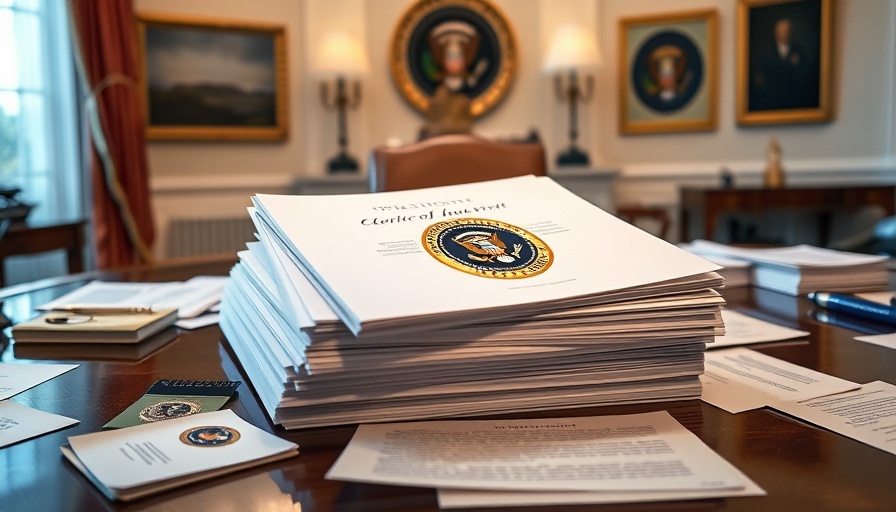
Trump's Push to Revise Cashless Bail Laws: What You Need to Know
In a significant turn of events in the U.S. criminal justice landscape, former President Donald Trump has signed orders aiming to eliminate cashless bail systems that have proliferated in many states. This move, meant to address concerns around public safety and the alleged unfairness of existing bail practices, has sparked a complex debate over the broader implications on justice and economic disparity.
Understanding Cashless Bail Systems
Cashless bail, adopted in various jurisdictions across the country, allows certain defendants to be released without having to pay bail money upfront. Advocates argue that it helps low-income individuals avoid unnecessary jail time when they cannot afford to pay bail, thus reducing strain on overcrowded detention facilities. However, opponents claim it might lead to increased crime rates and public safety issues, suggesting that retaining bail conditions serves as a deterrent for repeat offenses.
The New Orders: Implications for Society
Trump’s new orders, emerging amidst widespread discussions about crime rates and public safety in America, are likely to have varied implications. Firstly, this initiative could potentially increase the financial burdens on newly arrested individuals who may not have the means to pay cash bail. Secondly, the move risks reinstituting practices that critics contend disproportionately affect marginalized communities. The balance between public safety and equitable treatment of defendants remains a pivotal concern as lawmakers engage in intensive discussions.
Political Reactions and the Road Ahead
The political landscape regarding cash bail is charged, with lawmakers from both parties stepping in to voice their opinions on the renewed discourse. Supporters of Trump’s initiative claim that addressing bail reform in this fashion is essential for enhancing community safety. Conversely, civil rights groups and prison reform advocates are heralding their fears that such strict changes could exacerbate existing inequalities within the justice system.
Crime Rates and Economic Impact
As communities grapple with fluctuating crime rates, many citizens are curious about what this legal shift could mean for the national economy. Those in favor of cash bail reform often cite a reduction in incarceration costs as beneficial for taxpayers, arguing that less reliance on cash bail can aid in diminishing the footprint of crime and create a more rehabilitative justice environment. Nonetheless, with concerns surrounding violent crime rising, will the push for bail reform help curb irrevocable damage to communities?
Future Predictions: A Nation at a Crossroads
As these orders take effect, experts are predicting a possible ripple effect throughout the justice system. Will states revert back to imposing cash bail with increased fervor, or will the focus shift towards more comprehensive reforms that tackle the societal roots of crime? The dilemma begs thoughtful consideration from both the public and lawmakers as they contemplate the future of justice in America.
Bringing Awareness: What Can You Do?
Regardless of your stance on these new legislative changes, understanding the nuances of cash bail and its implications on our society is vital. Engage in conversations, stay updated with local and national news updates, and participate in community discussions to help shape a more equitable law framework. Every voice has the power to impact legislative action.
 Add Element
Add Element  Add Row
Add Row 



Write A Comment